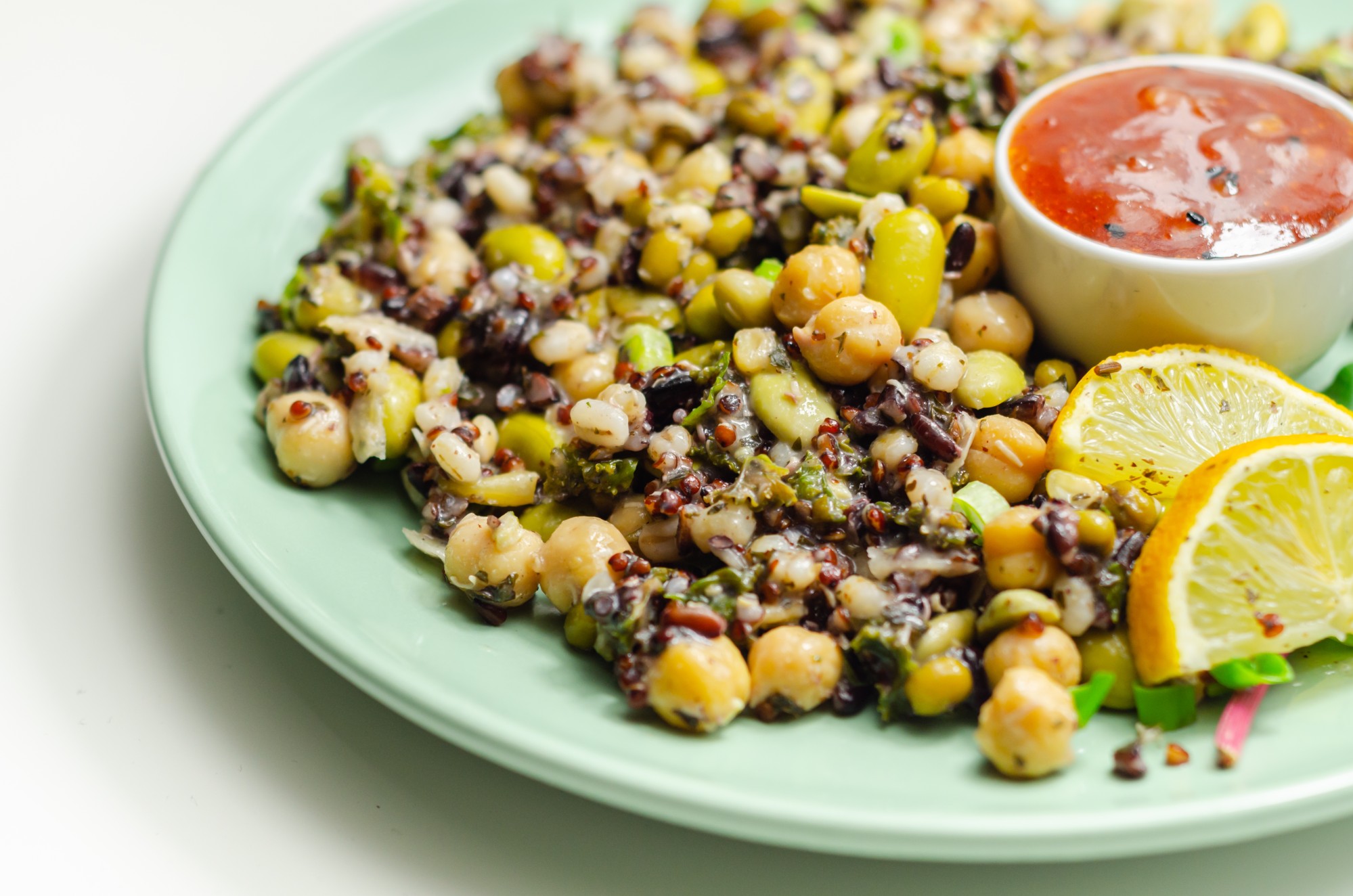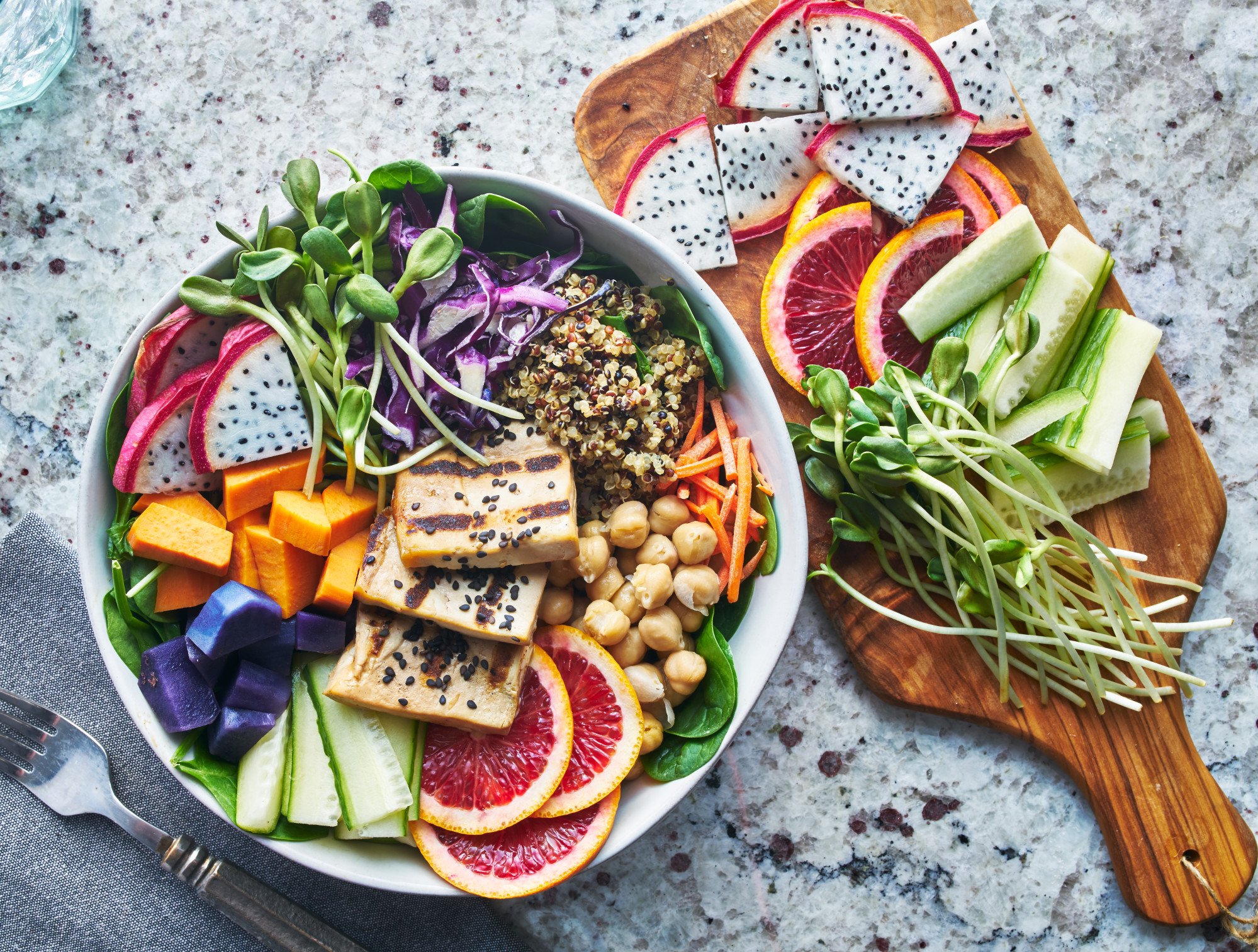
Bowel cancer risk 22pc lower for men who eat a diet high in healthy plant-based foods, study finds
- Bowel cancer, also known as colorectal cancer, is the third most common cancer and the fourth most common cause of cancer deaths worldwide
- Research linked a diet high in vegetables, whole grains, nuts and legumes to a 22 per cent lower risk of bowel cancer in men compared to the least healthy diet
Better to ask for more helpings of broccoli, spinach or other healthy vegetables, gentlemen. New research shows men can reduce the risk of bowel cancer by eating a diet rich in vegetables, whole grains, nuts and legumes.
On average, the men were 60 years old at the start of the study; the women were about 59.

The study’s participants were asked how often they consumed particular foods and drinks from a list of 180 options. Researchers also queried them about portion size.
Beans, bloating and gas: why you should give peas a chance
Participants told researchers whether they ate each item “never or hardly ever” or “two or more times a day”. For drinks, responses ranged from “never or hardly ever” to “four or more times a day”.
Women ate higher amounts of healthy plant foods and lower amounts of less healthy plant foods than did men.

Bowel (also known as colorectal) cancer is the third most common cancer and the fourth most common cause of cancer deaths worldwide, according to the World Cancer Research Fund International.
The risk of developing it over a lifetime is one in 23 for men and one in 25 for women, said one of the study’s authors, Kim Ji-hye of Kyung Hee University in South Korea.
The many health benefits of a plant-based diet, according to 5 new studies
“Although previous research has suggested that plant-based diets may play a role in preventing colorectal cancer, the impact of plant foods’ nutritional quality on this association has been unclear,” Kim said in a news release describing the findings.
“Our findings suggest that eating a healthy plant-based diet is associated with a reduced risk of colorectal cancer.”
